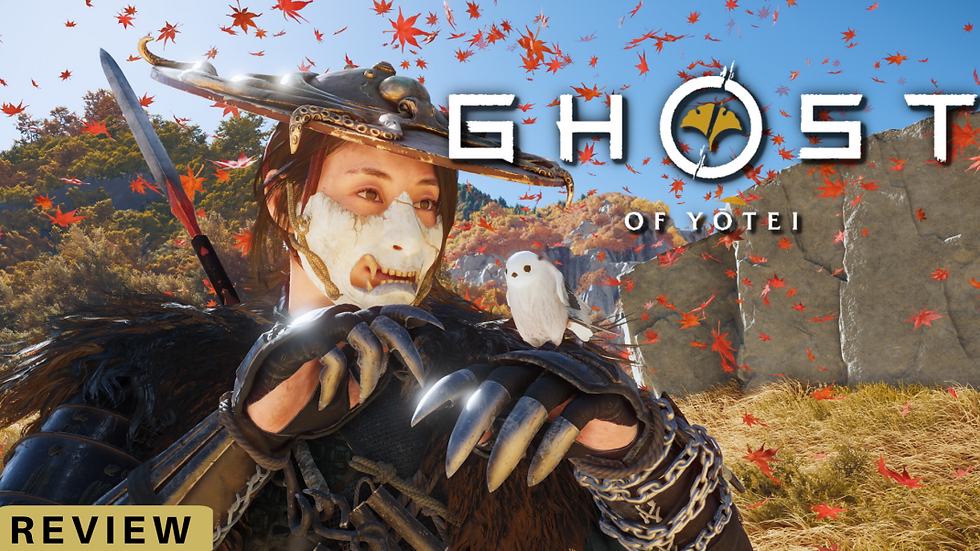A Slow Burn with Little Payoff: Alan Wake Review.
- Arielle Danan

- Oct 29, 2022
- 3 min read

Intro: If Stephen King and Dark Shadows had a baby it would be Alan Wake. Between the Stephen King references, bad controls, stiff dialogue and half-baked attempt at being scary, Alan Wake is caricature of the horror franchise. It created this world where the lore, atmosphere and characters all have promise but fell flat causing this game to, unfortunately become more of chore, which no game should be.
Promise in Small Disappointments: While incorporating promising themes that made me have a constant back and forth with the game, I had hope that this game would turn out great because everyone seemed to love it. The internet is no place for an unbiased discussion, which is why I don’t rely heavily on the thoughts of others when it comes to games, but I digress. There’s a lot that this game has to offer but in small doses. There are genius one liners, some great uses of psychological themes, (in terms of the dark versus the light mentally), and one of the more memorable characters, Barry. The notes also had the ambiance and a certain feel to it that was almost like listening to an audio book that I didn’t want to end. Some of the Cut scenes were also very good in the sense that it left me hanging and wanting more, but at certain points I wanted and longed for a story resolution. I understand dragging something out for effect, but the game did it in such a way that it became more tiresome as the game went on instead of making me more excited for a possible cliff hanger or resolution.
The Night Shift: In the story of Alan Wake, there is this mixture of confusing, intriguing and anticlimactic. Being that this game is a third person action, survival horror game there was this fine line that it danced between trying too hard to be tied to Stephen King and being its own thing/identity. The night casted a lingering shadow on the player making the experience (after the first chapter) very surface level and not grounded in something that I as the player can connect with. There was nothing tethering me to the characters of Alan Wake, I felt no attachment of emotion towards any of them. The only character I somewhat liked that carried personality and vibrance was Barry.
Misery Loves company: With how much potential this game has I really hope the next game stick with more of a survival horror stance. Alan Wake Remastered tried so hard to be a Stephen King, Dark Shadows, Silent Hill baby that it never felt like it was its own thing, as I’ve discussed previous in this article. Since this is a remaster there were also a lot of things that kept me from, enjoying the experience. First off, the controls are a big one for me, while the flashlight is an interesting mechanic, it was finicky and very weird to use when getting rid of enemies or during combat. Secondly, the slow-mo had to have been some of the most annoying parts of the game play where while encountering an enemy or being hit, there would be a strange slow-mo affect that took me out of the immersion of the game. To add a cherry on top of the already barren cake, Alan Wake incorporates episodic chapters, much like Resident Evil Revelations one. That was something that I couldn’t stand in that game, and I didn’t find it cool, or spooky in this one either. It just takes the me out of the immersion and feel of a game that I was already so desperately trying to enjoy.
Awake: With all this said and done, I did not enjoy this game, and would not recommend it if you don’t like finicky controls, and half-baked storylines. While yes, I see the potential this game has (and mind you it would firmly benefit from a solid remake of the likes that resident evil 2 got.) I think it needs to become its own thing and deliver its own message rather than relying on what makes other things and people popular. Throughout the game it felt like I was watching/reading Stephen Kings Secret Window, Secret Garden. It's great to have inspiration that you can make little footnotes too in your work but making an entire games personality based off of one thing without it having breathing room to be its own entity, in a sense stifles the potential it has, but may ultimately loose.




Comments